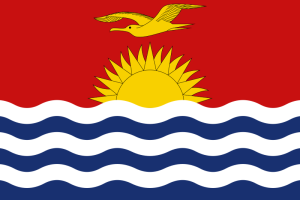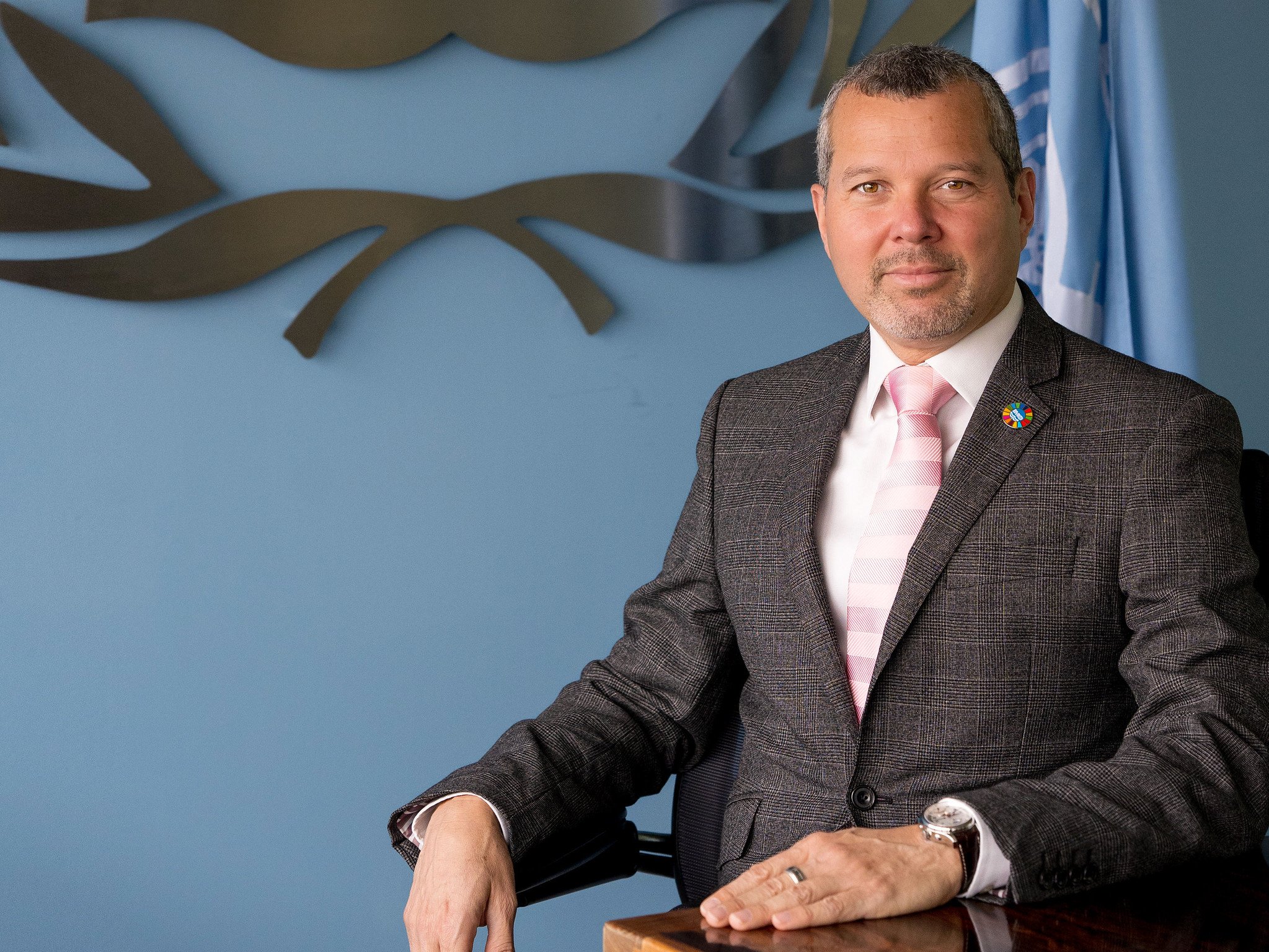International coalition completes repatriation of over 600 i-Kiribati seafarers trapped for nearly two years due to the COVID pandemic

- Over 600 I-Kiribati seafarers have safely returned home, some after being stranded overseas for nearly two years
- The repatriation of the seafarers was undertaken by a coalition of ship owners, transport workers unions, the UN, and the government of Kiribati
- A new report from the International Chamber of Shipping (ICS) outlines steps to prevent future crewing and supply chain disruptions following the pandemic.
LONDON 9 May 2022 – The full repatriation of over 600 i-Kiribati seafarers to Tarawa, capital of the Republic of Kiribati, has been completed.
Today, six seafarers have touched down in Tarawa, marking the end of a two-year period of repatriation blighted by pandemic-related restrictions and delays.
The repatriation was led by a coalition of employers, unions and NGOs, in tandem with the government of Kiribati, who successfully navigated global travel restrictions and shifting covid protocols, to return the seafarers home.
The seafarers returned in groups due to pandemic-related travel restrictions across the globe. From November 2020 – April 2021, 362 Kiribati seafarers returned via Fiji to Tarawa on various flights organised by the Kiribati government. In November 2021, 141 Kiribati seafarers returned on a vessel hired by their employer.
At the start of 2022, 73 seafarers were repatriated in groups of around 10 on flights chartered by the Kiribati government, employers, and a religious organisation that supports seafarers.
The remaining six seafarers repatriated from Fiji today and will complete their quarantine in a government facility, as have all the repatriated seafarers both before departing and upon arrival.
The coalition was convened by the International Chamber of Shipping (ICS), bringing together the International Transport Workers Federation (ITF), South Pacific Marine Services (SPMS), including Hamburg Süd and Reederei Leonhard & Blumberg, and UN representatives from the International Labour Organization (ILO) and International Maritime Organization (IMO).
Speaking on the seafarers return, Guy Platten, Secretary General, International Chamber of Shipping, said:
“It’s an enormous relief to finally see all the i-Kiribati seafarers returned home to their families, but it should never have been this difficult to get these seafarers home.
“Governments must look at the hardship these keyworkers have faced and ask if it was really necessary?
“We must learn from this lesson and make sure policy is put in place that means it never happens again.”
The difficulty repatriating the 600 i-Kiribati seafarers was due, in part, to the ‘crew change crisis’ that at its height left approximately 400,000 sailors stranded globally.
During the pandemic, Kiribati operated a ‘zero-covid’ policy, implementing total lockdowns to inbound travel. Due to unequitable global distributions of PPE, covid treatments, and vaccines, the government of Kiribati employed border closures as their main defense against the virus.
Seafarer employers began housing the i-Kiribati seafarers in Denmark and Germany in early 2021 as their contracts finished. Seafarers were provided room and board by their employer while awaiting a change in Kiribati’s border protocols. All the seafarers received their full dose of the vaccine if they had not been vaccinated while on contract.
IMO Secretary-General Kitack Lim, said:
“I am pleased to hear that these seafarers will finally be reunited with their loved ones, some after being stranded overseas for nearly two years, thanks to extensive collaboration among all stakeholders in the industry, labour organizations, governments and the UN. Their story of extended time at sea – and then on land to get home – has been repeated many times over throughout the pandemic. Seafarers need to be designated as key workers by all States, so that their travel and repatriation can be facilitated.“
Gaby Bornheim, President of Verband Deutscher Reeder, said:
“It is a great relief to know all seafarers safely home after more than two years. Responsible ship-owners have worked hard to achieve this, even though none of the delays has been their fault. We are also happy to acknowledge that in the crisis we have experienced the firm social partnership with unions and NGOs who have been instrumental for the successful return. The return of the seafarers would not have been possible without the tremendous support of international organizations such as ILO and IMO. It has proven that multilateralism is to the benefit of people.”
The ICS recently commissioned a report with Hamburg Business University to evaluate the scope of the crisis and mitigation of a recurrence. The Perfect Storm report defines the necessary actions governments and international organisations must take to prevent another humanitarian crisis and disruptions to the global supply chain.
The report notes Australia, China, India, and Japan as responsible for the worst treatment of seafarers during the height of the pandemic.
Notes to editor
About ICS:
The International Chamber of Shipping (ICS) is the principal international trade association for merchant shipowners and operators, representing all sectors and trades and over 80% of the world merchant fleet.



